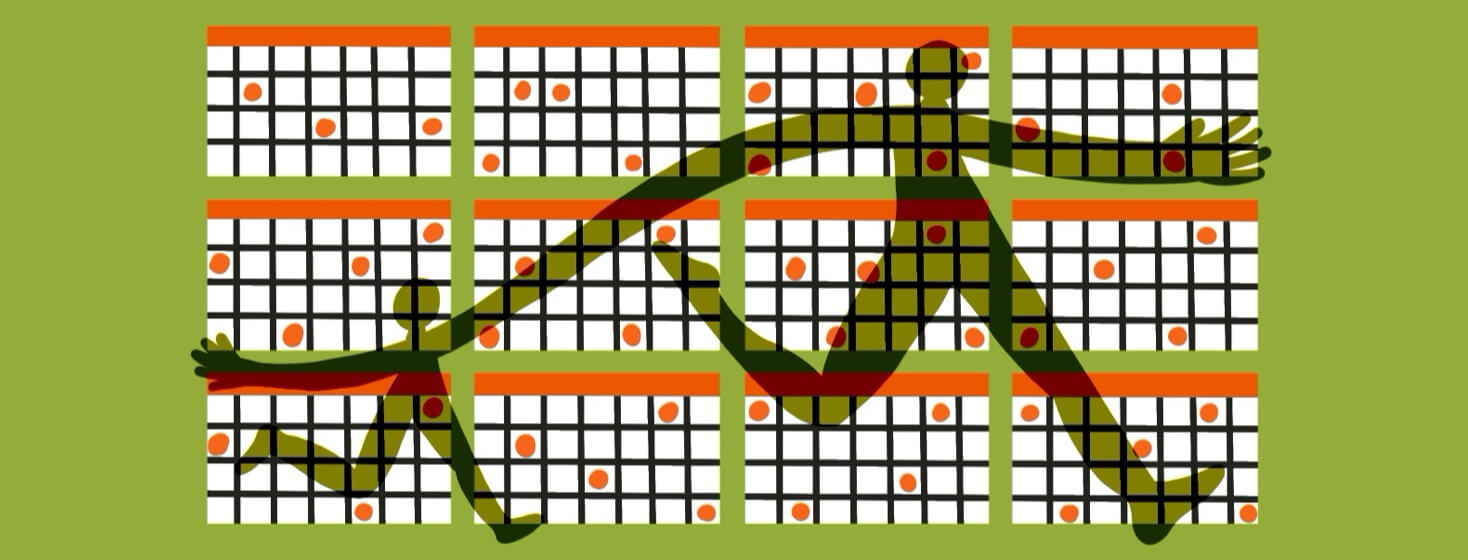My Child's Testing & Appointment Schedule
I often talk to parents about sickle cell disease (SCD), even if they do not have a child with SCD. I recently had an interesting conversation with a mom, and we talked about the challenges of parenting. The conversation actually started very light: she wanted to go swimming with the kids but I indicated that I prefer to do something without water because my daughter won't really be able to enjoy it. That's how we came to the subject of sickle cell disease.
A parent's chronic disease experience
She asked lots of questions and seemed genuinely interested. Her questions made me curious about her experience with sickle cell disease. The questions she asked were so specific that I almost wondered if she herself had a child with sickle cell disease.
She did not have a child with sickle cell disease, but her child had another chronic condition, and she was still in the acceptance process. Our conversation became a kind of psychological session in which we completely analyzed the word acceptance.
Phases of sickle cell disease
When I talk about sickle cell disease I always divide it into different phases:
Phase 1: Discovery
This can happen at birth, but also later in life. Especially when no heel prick screening is done. We had to wait with my daughter because no heel prick screening was done at the time.
Phase 2: Acceptance
Acceptance of sickle cell disease is extremely important, because in the acceptance process you open yourself up to information and education.
Phase 3: Education
Education is very important in SCD because, as parents, you play a very important role in making sickle cell disease livable.
Phase 4: Living with SCD
Annual testing for SCD
If you have a child with sickle cell disease, you must make a number of regular visits to the hospital on an annual basis. The child goes to the hospital when they are sick, but also when they are not sick. These are routine visits that are preventative in nature.
I have made an annual calendar so I can be sure to not miss any tests or examinations. And of course I do this together with the medical team.
The most common and important tests that we perform on an annual basis are:
- Psychologist: to take care of the mental state
- MRI scan: to determine hip/back abnormalities
- DEXA scan: to detect bone loss (osteoporosis)
- Thoracic CT: to diagnose pneumonia/bronchitis/pulmonary hypertension
- EKG (or ECG): is a heart film to determine cardiac arrhythmia/pulmonary hypertension
- CT scan: to check spleen or other organs
- Ultrasound: to diagnose gallstones/kidney problems
- Heart ultrasound: to determine the function and functioning of the heart
- Vision test: to diagnose eye problems (Ophthalmologist)
- Blood tests: to check your red blood cells (Hb), liver and kidney functions or to test your blood for bacteria and viruses
- Urinalysis: to measure kidney function and detect any infections
- Doppler: is a vascular test (in children) to determine possible vascular abnormalities in the brain
These are some of the basic tests. It is of course different for everyone, but it is very important that you are aware of the tests that your children have to undergo regularly.
Do you want to know which tests your child should undergo? Ask your medical team to explain this to you. The more we know, the better we can contribute to a healthier life.

Join the conversation